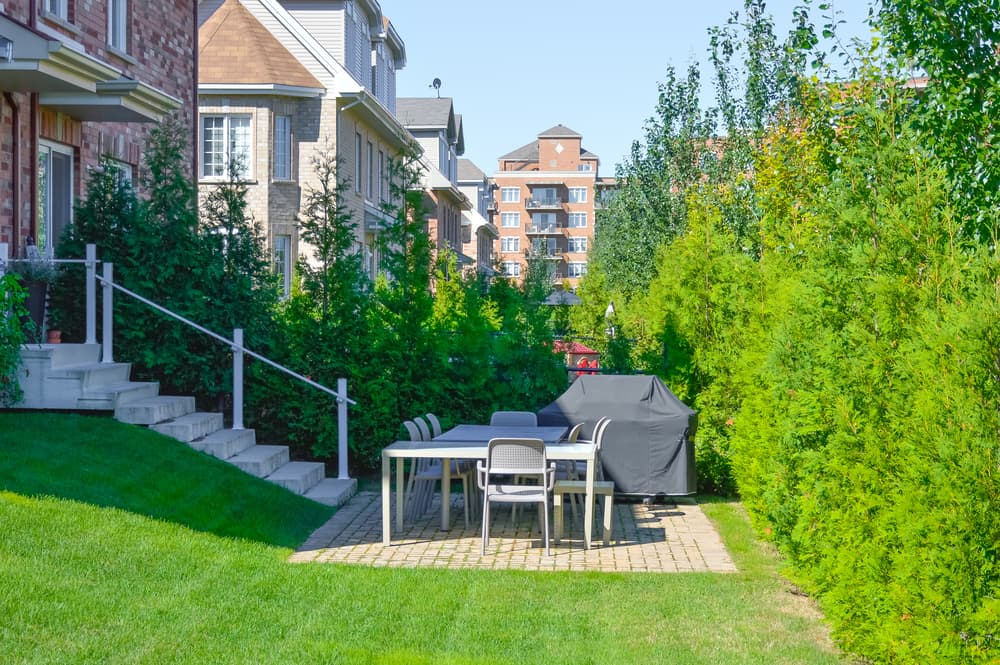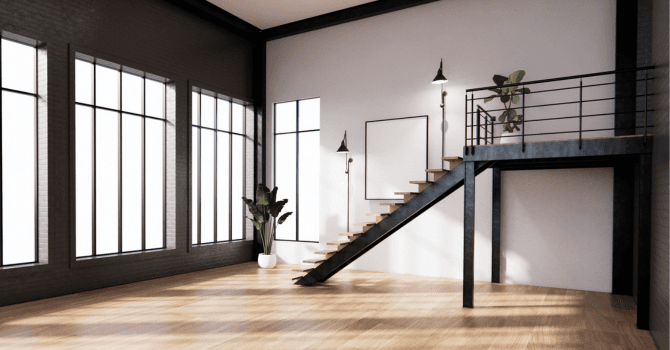Everything to Know About Greywater Systems
By Editorial Team
Updated on November 8, 2023

It shouldn’t be a surprise that environmental awareness is trending. On the homefront, many are looking for ways to reduce energy use and increase efficiency. Not only this, but others are interested in alternative ways of living, investing in homes off the beaten path such as tiny homes, trailers, and houseboats.
Greywater systems are growing in popularity for green-conscious homeowners, as they are an excellent way to increase a home’s water efficiency.
Freshwater shortages are becoming more prevalent across the globe, and installing a greywater system in the home is just one of the ways to combat this. For those living in dry climates, this option is further important. But what exactly is a greywater system and how does it work? We’re here to break it down to make understanding these systems a little bit easier.
Everything you need to know about greywater systems
What is greywater?
We can think about residential water in three categories: freshwater, blackwater, and greywater.
Freshwater is naturally occurring water that isn’t seawater or brackish water. This could mean any of the following sources: groundwater, rivers, icebergs, glaciers, and so forth.
Blackwater is as it sounds: it is highly toxic and contains a concentration of bacteria. This water comes from your toilet.
Greywater is all the leftover wastewater that a home produces. This could be the water from a shower, laundry, washing dishes and so forth. Many home systems are designed to store and reuse this water.
What is a greywater system used for?
To put it simply, a greywater system takes your home's greywater and diverts this water to other places and purposes, such as water for the garden and irrigating your landscape. Greywater contains traces of dirt, food, hair, and grease. Although these elements are harmful when released into bodies of water, they act as nutrients and fertilizers for plants, grasses, trees and flowers.
How do greywater systems work?
On its face, the way a greywater system works is not too complex. It’s simple: all of the water from your sinks, showers, and additional drains will be collected in a “surge tank.” The surge tank can take in a lot of water at once, slowing down the flow. Once this water slows down, the solids that have collected in it will settle on the bottom, allowing for the clean water to separate and move on.
When it comes to building and designing this system, there are many options. Simplicity is key, and there are ways to build that won’t alter your current plumbing setup. You may consider a gravity-based system that will redirect your water into a surge tank and a basic irrigation system. If you’re in a situation where you’re living on a slope, only then will you maybe need to consider the addition of a mechanical pump.
Benefits of a home greywater system
As we mentioned, the main benefit of a greywater system is that it’s environmentally friendly. Implementing a greywater system into your home allows it to function in an eco-friendly manner, recycling and reusing water for additional purposes.
Many homeowners also cite the money that these systems save. Installing a greywater system can allow for dramatic energy and water bill savings, with the potential to save up to 40,000 gallons of water per year. A bonus for those who use septic tanks is that the use of these systems also helps to prolong the life of your system.
Source: Robert Stokoe
Common greywater system mistakes
If you’re new to the concept of the greywater system or aren’t too sure how to approach it, here are some of the most common mistakes that we’d suggest avoiding.
Storing water too long: When greywater is stored too long, or in warm conditions, it can quickly become septic. Once the water becomes septic, it’s unusable. Of course, this is something you don’t want to happen so it’s important to have a system that uses your stored water regularly. Water should not be stored for longer than 24 hours.
Not knowing where your greywater is going: When it comes to different greywater systems, some, such as the perforated pipe may not have a clear direction. If you don’t know where your greywater is going, then problems can occur. One of these is the clogging of soil or from roots infiltrating the system.
Irrigating the incorrect plants: Greywater is excellent for your trees and flowerbeds. But it’s crucial to mention that you should avoid watering your vegetable garden with it. Also, some lawns cannot handle greywater and require specific equipment for it to be properly dispersed. Make sure to do your research before pouring greywater over everything.
Using the wrong equipment: When it comes to the equipment you use, you want to create a greywater system that works with the space. Again, this will require a little bit of time and energy in terms of researching the right method for your home and property. You may also consider hiring an expert to build the system for you, ensuring a positive result!
Get 3 renovation quotes for your eco-friendly renovation project
RenoQuotes.com can help you get quotes for your eco-friendly renovation project. If you submit your project to us, we’ll put you in contact with top-rated contractors. Fill in the form on the homepage (it only takes a few minutes), and you will get estimates from trusted professionals.
Dial 1-844 828-1588 to speak with one of our customer service representatives.
Looking for something else?
Related articles
The latest industry news, interviews, technologies, and resources.

Editorial Team
•08 Nov 2023
Are you thinking about setting up your backyard? Consider adding a compost bin! Not only will it reduce the volume of junk that you throw out in the garbage, but you'll also be posing a gesture that is friendly to the environment. If you decide to opt for this choice, there are several ways you can hide your compost bin so it doesn't pop out too much. Here are a few ideas that you can borrow when planning out the setup of your backyard:

Editorial Team
•05 Dec 2025
The exterior siding of a house serves as the first barrier against harsh weather and strongly influences the overall appearance of the building. More and more homeowners are seeking solutions that combine durability, performance, and respect for the environment. This article reviews eco-friendly siding materials and offers tips to help you make an informed choice.

Cynthia Pigeon
•08 Nov 2023
Although the sheet metal trade is largely unknown, it plays an important role in the construction industry and is currently facing a major labour shortage. But what exactly does this little-known trade entail?

Léa Plourde-Archer
•31 Jan 2025
Stone is a timeless material that, in any setting, whether inside or outside, boasts both elegance and robusticity. However, for some homeowners, the challenges and installation costs that come with natural stone make for significant hurdles. Luckily, stone veneer is an affordable alternative that mimics to perfection the look of natural stone.

Editorial Team
•08 Nov 2023
Are you curious about changing the layout of your mezzanine to improve the design of this living space, and are looking for some ideas before you begin this project? Take a peek at these wonderful examples of mezzanines to offer you some inspiration.